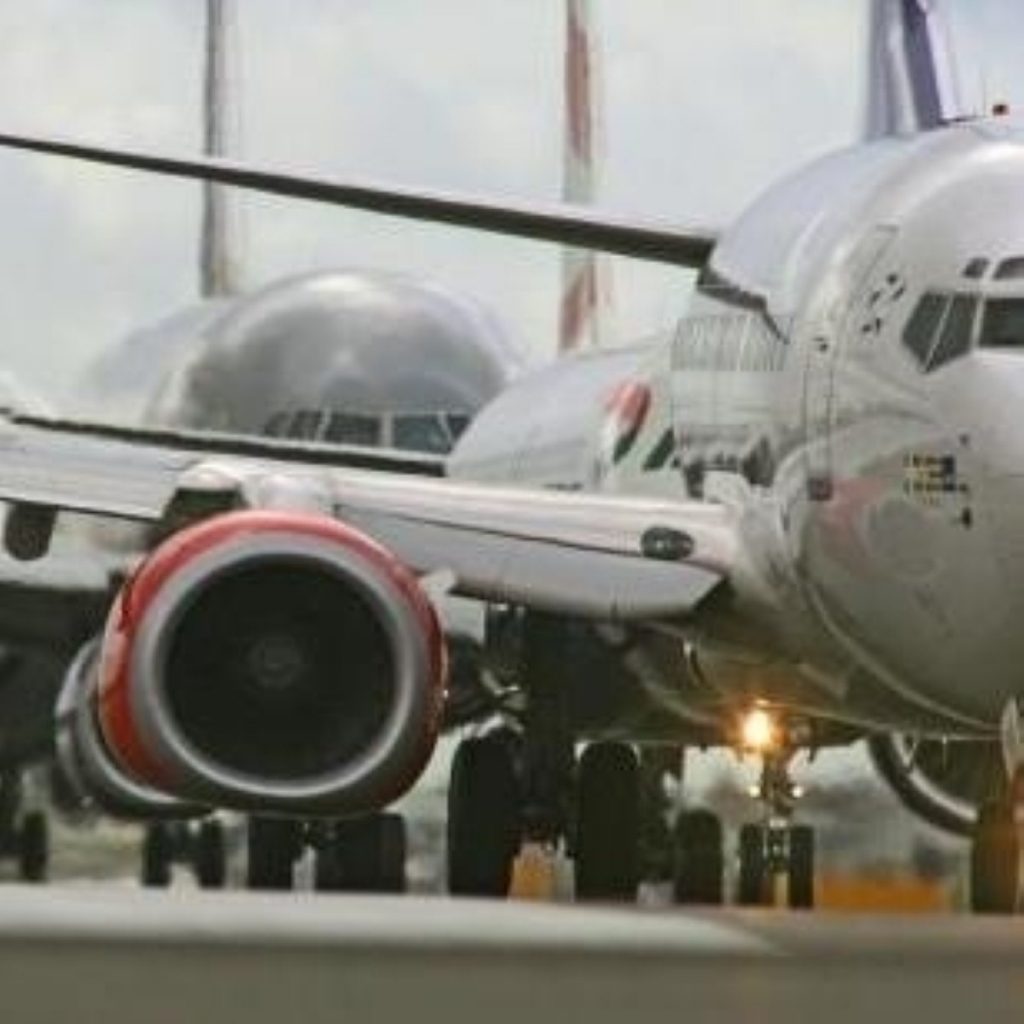Lib Dems: Flight tax to fund rail upgrades
The Liberal Democrats have proposed an additional tax on internal flights to fund improvements to the railways.
The Liberal Democrats argue the rail network must be key to any environmental transport scheme and have placed it at the centre of their plans for a zero carbon transport system.
Plans to be discussed at the party’s autumn conference propose a Future Transport Fund, specifically to fund investment and remove bottlenecks from the system by introducing more trains and reopening lines.
Environment spokesman Chris Huhne said: “These plans will shift freight from road to rail, cut carbon, and improve mobility as the rail network begins to run out of capacity.”


Rail improvements need £12 billion investment over five years but the Liberal Democrats propose this could be funded with levies on roads and flights.
They propose a charge on road freight, linked to weight and emissions. This would further encourage freight to switch to the railways and raise £600 million, the Lib Dems estimate.
They also want to levy a climate change charge on internal flights, starting from £10 a ticket. Life-line routes, such as those linking the Scottish islands, would, however, be exempt.
To improve the railways, the Lib Dems support plans for high speed north-south and east-west lines, arguing these could provide a viable alternative to internal flights.
Transport spokesman Susan Kramer said: “If freight can be taken off the roads and people can be convinced to swap plane journeys for high-speed rail, then we can really start to make a difference to our environment.
“Rail is the key to cleaning up Britain’s transport, not an added extra as ministers seem to think.”
But Ms Kramer argued substantial investment is needed to create a 21st century rail net work.
“We must modernise our transport infrastructure, or serious economic consequences will follow in the future,” she warned.
Transport secretary Ruth Kelly last month announced a £10 billion investment in the railway network, designed to increase capacity and reduce bottlenecks.









